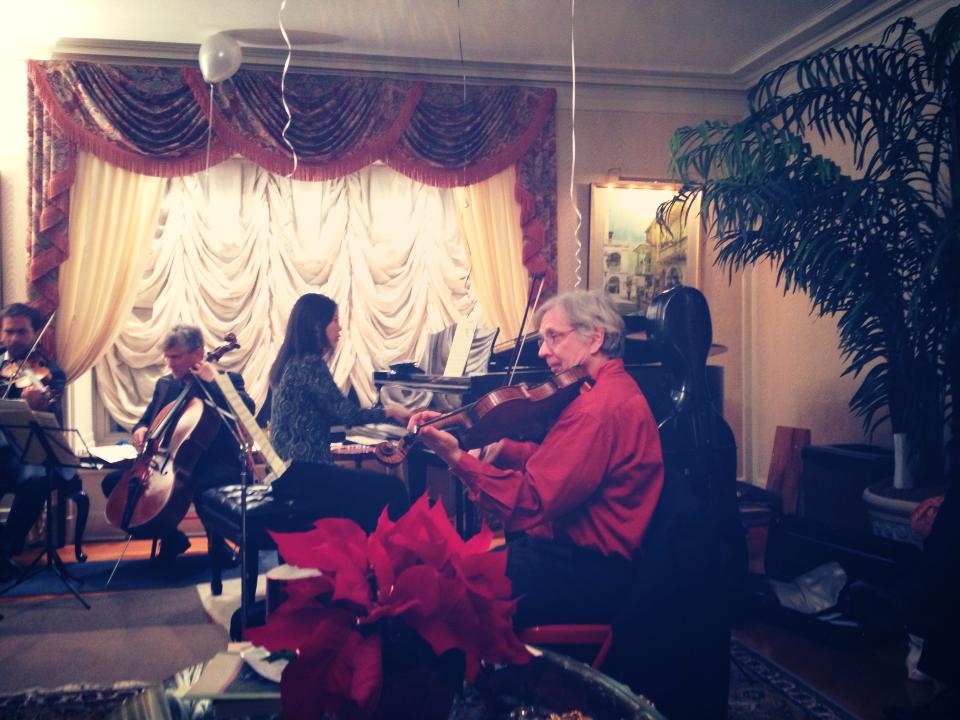This is an English translation of an article published in Nikkan San on June 6, 2019, as a part of my column, “The Way of the Pianist.
“When playing music, it is possible to achieve a unique sense of peace,” says Daniel Barenboim. He is not only one of the most famous conductors, but also a social activist. Together with the late Edward Said, he co-founded the West-Eastern Divan Orchestra: A youth orchestra to promote coexistence and intercultural dialogue. Its members consist of an equal number of Israeli and Arab musicians as the base of the ensemble, together with members from Turkey, Iran, and Spain.
In 1952, pianist Kiyoko Tanaka received the highest prize at Geneva International Music Competition, as the first Japanese musician to ever attain any award at a major international competition. It was 7 years after the end of World War II, and 98 years after the American Black Ships forced Japan to open itself to international relations. In addition to her own efforts and talent, as well as the support from her family and friends, there was another factor that enabled her achievement: the contributions of Jewish musicians in Japan before, and during World War II.
In 1933, Nazis implemented its “Law for the Restoration of the Professional Civil Service” firing all Jews engaged in official positions. They included university positions, positions in the orchestras, etc. Japanese musicians who had studied in Europe, such as Kosaku Yamada, and Hidemaro Konoe invited the persecuted musicians to Japan, enriching the music scene in Japan during the 1930’s and the 40’s by world class musicians performing and teaching in Japan. Many Japanese musicians that achieved international recognitions right after WWII like Seiji Ozawa, Hiroko Nakamura, and some of my own childhood teachers, studied with these Jewish musicians.
Even in the time of war, music cast bridges between individuals, and communities. I hear of so many Japanese, who placed sheet music and phonographs in their air raid shelters; And of Jewish musicians who were so passionate about sharing the tradition of Western classical music to their Japanese students and audiences, when many of these pieces were used for propaganda by their persecutors.
I once toured with a Polish Orchestra, as their featured soloist playing the Chopin concerto. Its last movement includes a section based on Krakowiak, a Polish dance. Some say only Polish pianists can play Chopin’s Polish dances with authenticity. So naturally, I was nervous about Chopin with the Polish Orchestra. At the end of our first rehearsal, I stood from my piano bench to greet the orchestra, apologetically: “I am eager to learn the authentic Polish Krakowiak from you.” They all responded with cheers and applause. When a player in the back shouted “Your Chopin is beautiful!” over the applause, I wondered who first told me, and why I believed, that only Polish pianists can play Chopin’s dances authentically. Late in the evening towards the end of our tour together, the Polish orchestra musicians and I drank and danced together hand in hand, singing Chopin’s Krakowiak from the last movement.
Music is powerful. Music heals.
